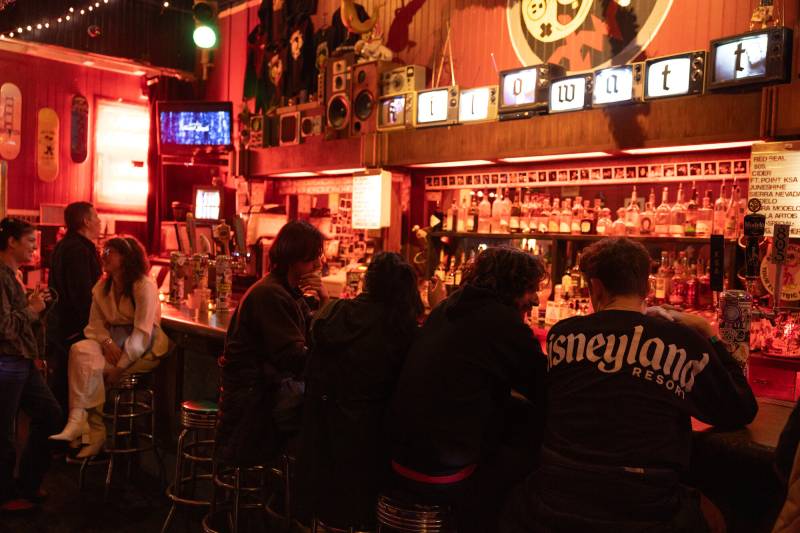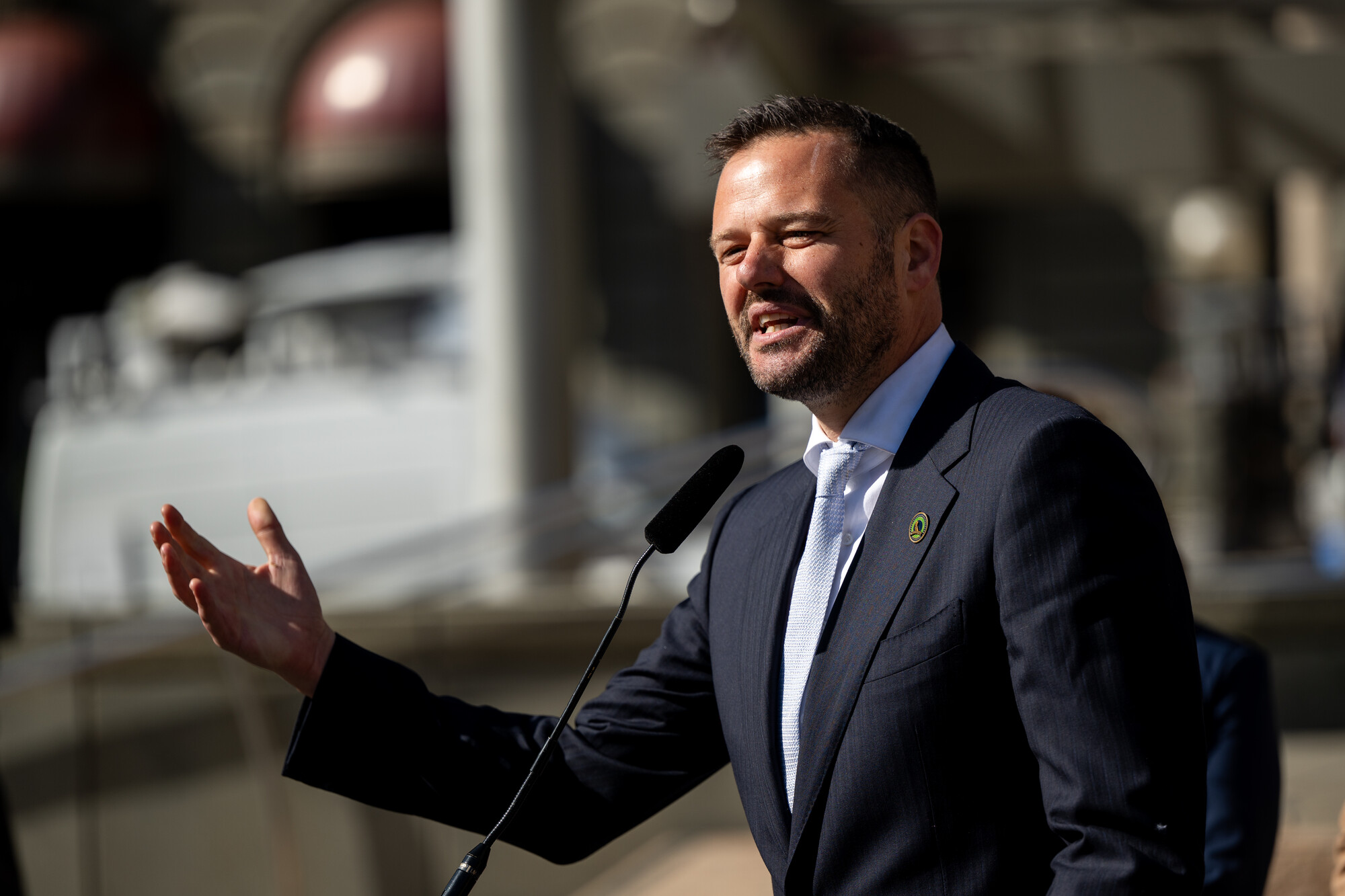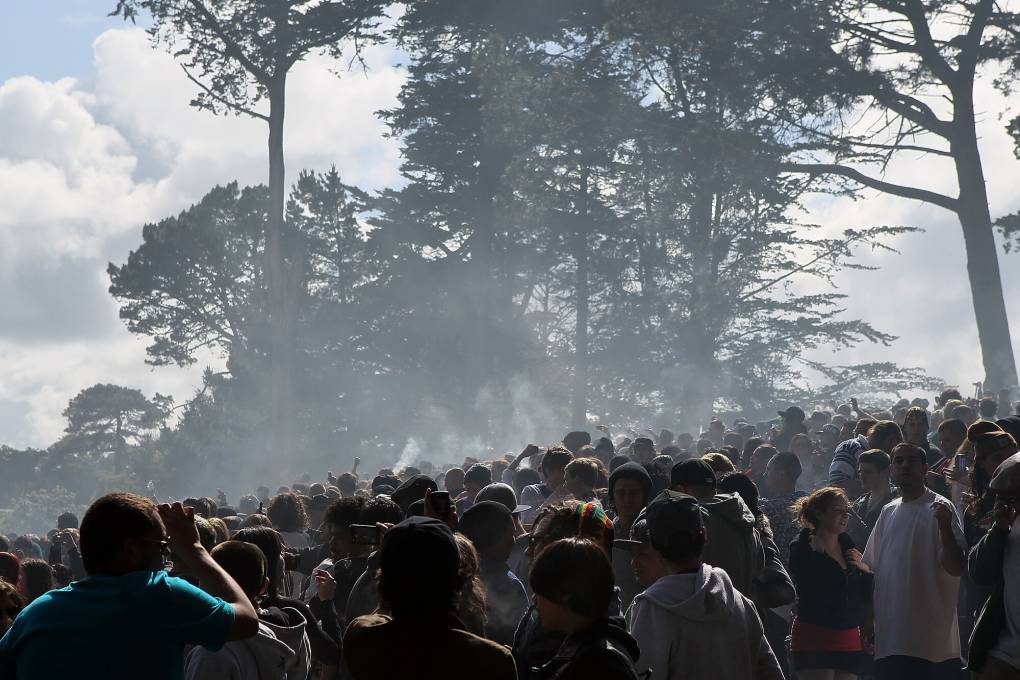California cities, he said, need to “re-envision” their downtowns if they want to remain viable.
“I believe nightlife is going to be the catalyst,” he said. “It’s going to be the main engine for bringing activity and business and life and culture back to our downtowns.”
Haney’s amended bill, a more limited version than the one he introduced in January, requires cities that are interested in creating hospitality zones to consider public safety resources, access to transportation and hotels, walkability, and cultural appropriateness, among other factors.
“Right now, there is a one size fits all, top down mandate that every single business in California stops serving at 2 a.m. It makes no sense,” Haney said. “It’s out of step with over 12 states across the country and most cities around the world that are world-class destinations. It is time that we have a pro-local control, pro-business solution that allows California cities to do what they need to do to recover and to attract the conventions, the visitors, the events that all of us can benefit from.”
The legislation follows multiple failed efforts to challenge California’s blanket prohibition — dating back to 1935 — on the sale of alcohol between 2 a.m. and 6 a.m.
In 2022, lawmakers rejected Haney and Wiener’s bid to authorize weekend alcohol service until 4 a.m. at bars, nightclubs and restaurants in San Francisco, West Hollywood and Palm Springs, citing concerns about an uptick in drunk driving incidents. The Legislature also rebuffed Wiener’s 2019 bill to extend alcohol sales in 10 cities, a year after then-Gov. Jerry Brown vetoed a similar bill of his.
“I believe we have enough mischief from midnight to 2 without adding two more hours of mayhem,” Brown wrote in his veto message.
In fact, the only venue in the entire state where you can now legally buy booze until 4 a.m. is the Intuit Dome in Inglewood, home of the Los Angeles Clippers — following legislation Gov. Gavin Newsom signed last year. And that’s only for dues-paying VIP members.


